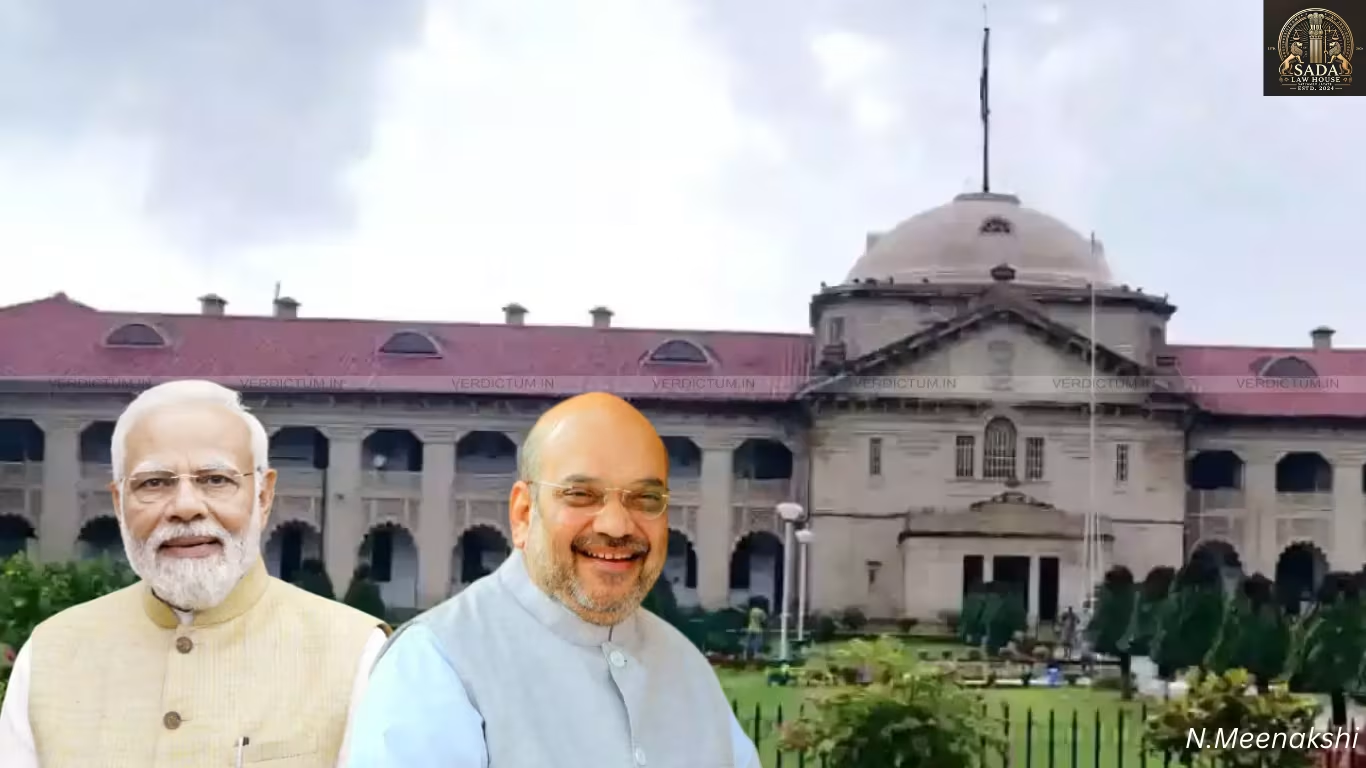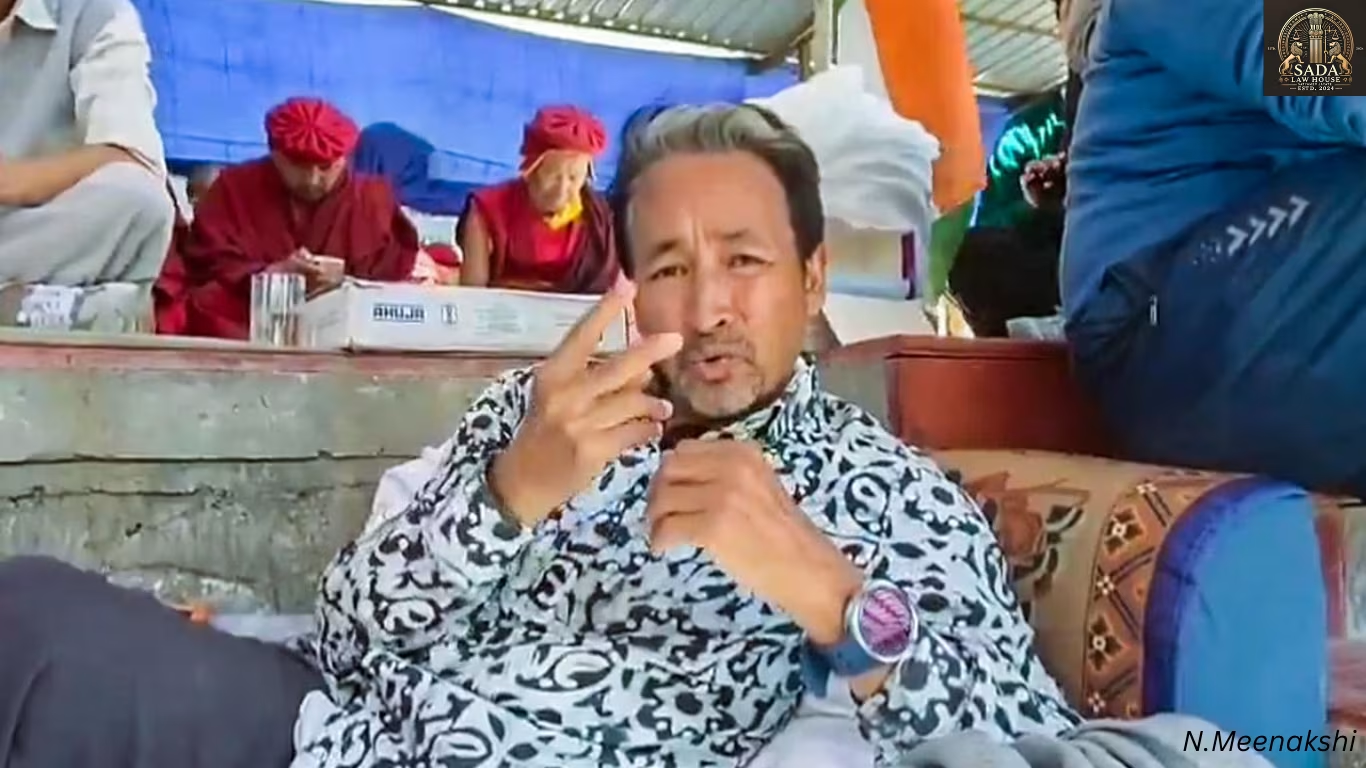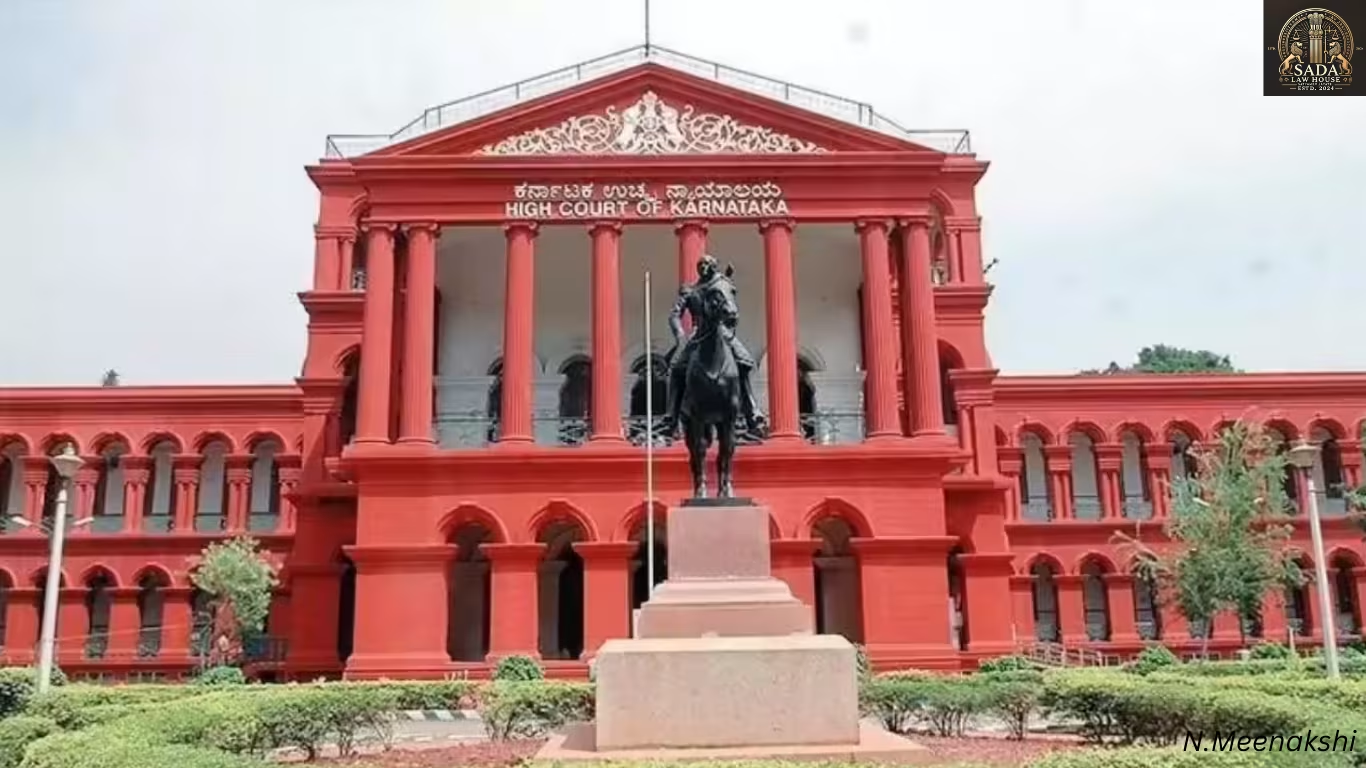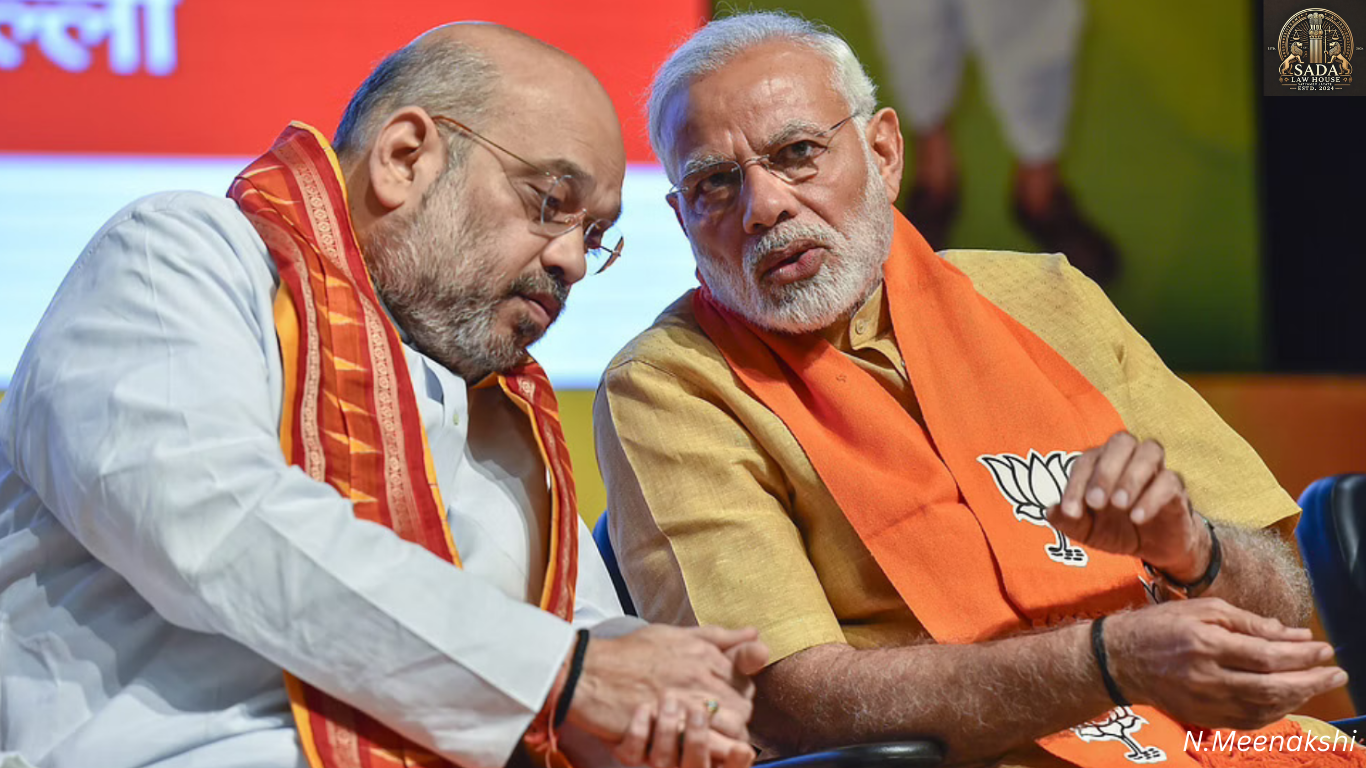Rajasthan High Court Dismisses Plea Seeking FIR Against Modi, Shah Over CAA
- Kashak Agarwala
- 26 September 2025

Introduction
On September 26, 2025, the Rajasthan High Court dismissed a petition seeking registration of an FIR against Prime Minister Narendra Modi, Union Home Minister Amit Shah, and former Law Minister Ravi Shankar Prasad in relation to the Citizenship Amendment Act (CAA), 2019. The Court termed the plea as baseless and frivolous, imposing a cost of ₹50,000 on the petitioner, Advocate Puran Chander Sen.
Background
The petition stemmed from allegations that the CAA had triggered violence, murders, and injuries across the country. In 2020, Advocate Sen had approached the Govindgarh police station in Alwar, demanding an FIR under IPC Sections 302 (murder) and 120-B (criminal conspiracy). When no action was taken, he moved the magistrate’s court and sessions court, both of which dismissed the plea. He eventually petitioned the High Court.
Key Developments
Justice Sudesh Bansal’s bench heard the case.
The Court held that the allegations were unsupported by evidence, details of victims, or causal links to CAA.
The Court questioned the filing in Alwar district, where no incidents were reported.
The petition was called “preposterous, effete, and concocted.”
A ₹50,000 cost was imposed, payable to the Rajasthan High Court Litigants’ Welfare Fund.
The Court gave liberty to the respondents (Modi, Shah, Prasad) and the State to pursue further civil or criminal action against the petitioner.
Issues
Whether allegations of violence linked to CAA, without evidence, can form the basis of an FIR against top government officials.
Whether a practicing advocate can file politically motivated or frivolous criminal petitions without factual backing.
The misuse of courts for political or publicity purposes and its impact on judicial integrity.
Current Status
The petition stands dismissed.
Petitioner Advocate Puran Chander Sen is liable to pay ₹50,000 within four weeks.
Respondents retain the option to pursue civil or criminal action against him.
Conclusion
The Rajasthan High Court’s order reinforces the judiciary’s strong stance against frivolous litigation and misuse of legal processes. By imposing costs and criticizing the petitioner, the Court emphasized that unfounded petitions, especially against senior constitutional figures, will not be entertained. The ruling also underlined the responsibility of advocates to uphold professional standards and avoid filing baseless claims that risk undermining public trust in the judicial system.






